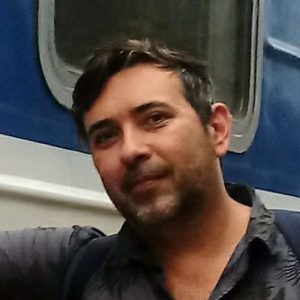Axis 1: Space and Political Ecology
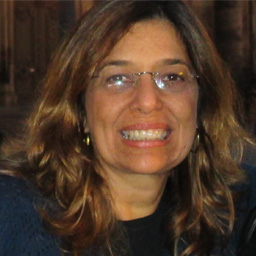
Angelica Carvalho Di Maio
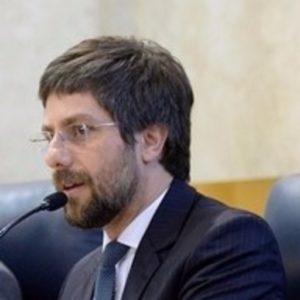
Christy Ganzert Gomes Pato
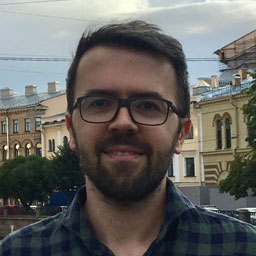
Daniel de Mello Sanfelici
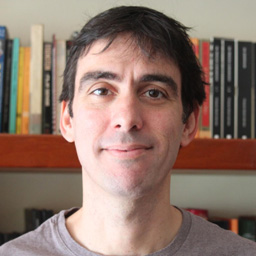
Javier Walter Ghibaudi
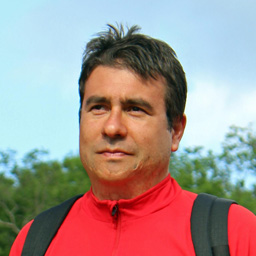
Roldan Petros Muradian Sarache
Axis 2: Geopolitics, Laws, and Rights
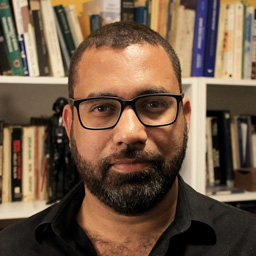
Eduardo Heleno de Jesus Santos
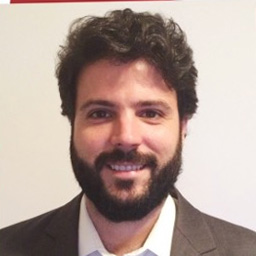
Enzo Bello
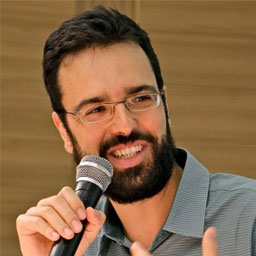
Fabio Domingues Waltenberg

Fabio Reis Mota
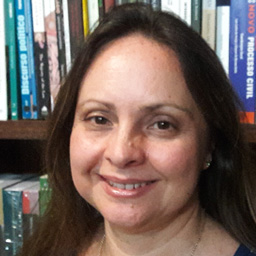
Fernanda Duarte Lopes Lucas da Silva
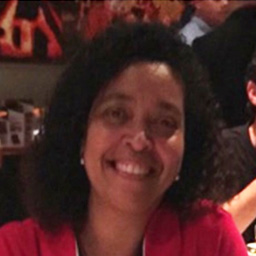
Helena Carla Castro
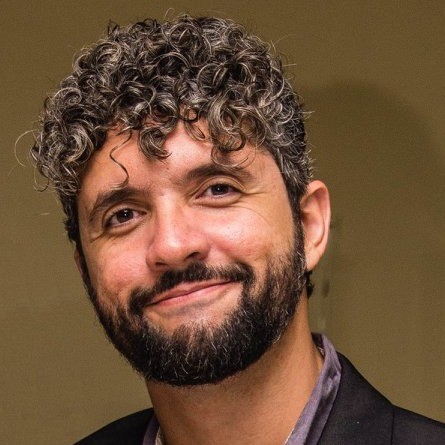
Pedro Aguiar Lopes de Abreu
Pedro Aguiar is a journalist and scholar focused on news agencies, international communication and media in the Global South. He is a professor at the Department of Communication of Fluminense Federal University. He holds his PhD in Communication from the Rio de Janeiro State University (UERJ) and his MA and BA in Journalism from the Federal University of Rio de Janeiro (UFRJ). His 2018 doctoral dissertation on the news agencies of the Global South was awarded the Adelmo Genro Filho Prize by the Brazilian Association of Journalism Research. Pedro is a member of the Media and International Relations Study Laboratory (LEMCRI) at UERJ/UFRJ.
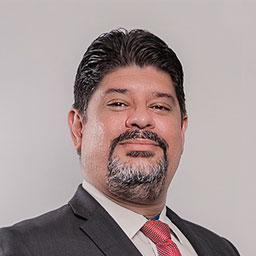
Rafael Mario Iorio Filho
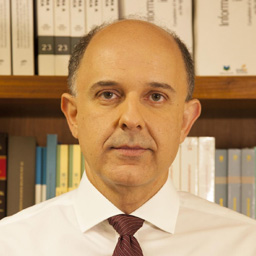
Ricardo Perlingeiro Mendes da Silva
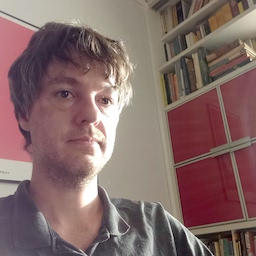
Tâmis Peixoto Parron
Axis 3: Cultures, Identities, and Languages
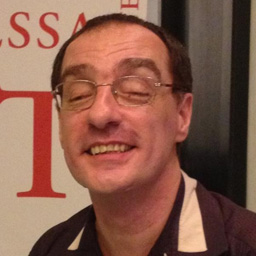
Adilson Vaz Cabral Filho

André Cabral de Almeida Cardoso
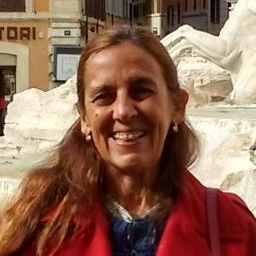
Andrea Brito Latgé

Andressa Cristina Molinari
PhD in Education from the State University of Londrina (UEL), with a sandwich doctorate at the University of Georgia (UGA), a Master’s degree in Language Studies (UEL), and specializes in language teacher training from the State University of Maringá (UEM). She has a degree in Modern Foreign Languages – English (UEL) and Pedagogy (UEL). She is an adjunct professor at Universidade Federal Fluminense (UFF), and coordinator of CITE (Writing Center UFF). Her research interests include language teacher training and bilingual education, internationalization policies in higher education and bi/multilingual practices. She has extensive experience as a teacher, working mainly in primary and secondary education, as a coordinator of institutional programs and as a teacher in higher education.
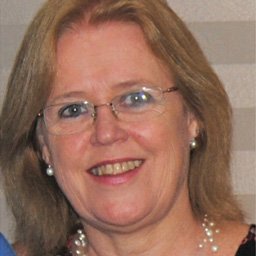
Gerlinde Agate Platais Brasil Teixeira
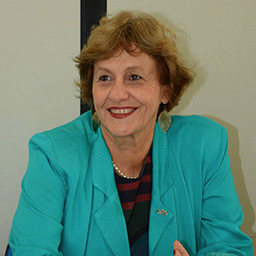
Livia Maria de Freitas Reis Teixeira
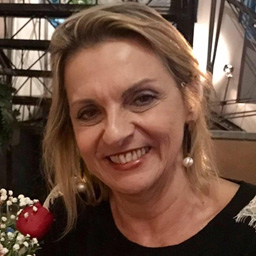
Mônica Maria Guimarães Savedra
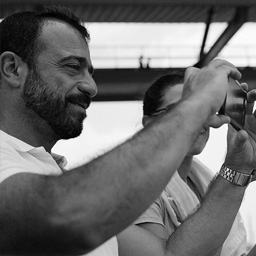
Paulo Gabriel Hilu da Rocha Pinto
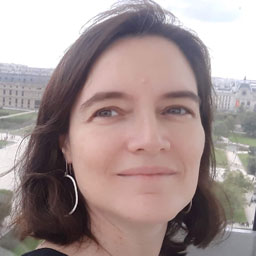
Rachel Bertol Domingues
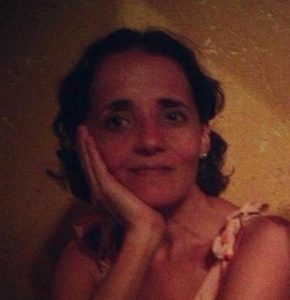
Telma Cristina de Almeida Silva Pereira
Axis 4: Sustainability and Green Future
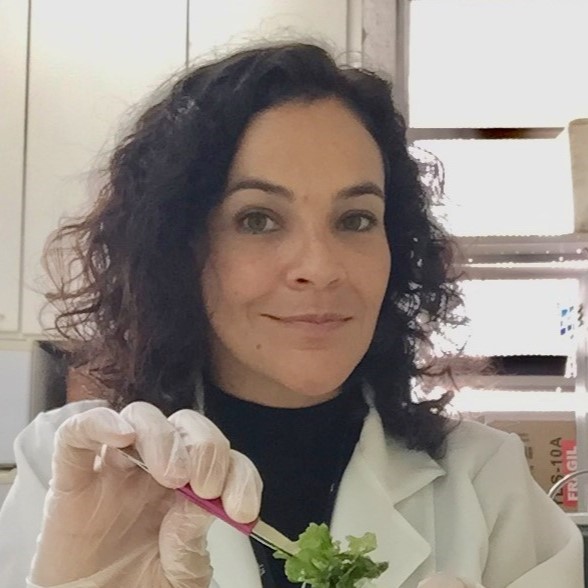
Carla Regina Alves Carvalho
Professor in the Department of Geochemistry at UFF, coordinator of the LAC-UFF Radiocarbon Laboratory. Researcher in the postgraduate programs in Physics and Geochemistry. She has experience in Applied Nuclear Physics with multidisciplinary work in Geochronology, Paleoenvironmental Changes, Radioactive Tracers, Radioecology, Natural Radioactivity, Environmental Radioprotection, Determination of the Biogenic Fraction by 14C-AMS, Contamination by Fossil Fuels and Microplastics. Recently, he has been developing projects in environmental contamination assessment with proposals for monitoring and restoring the environment, based on practical actions for quantifying contamination and proposing solutions to environmental problems in favor of sustainable development.
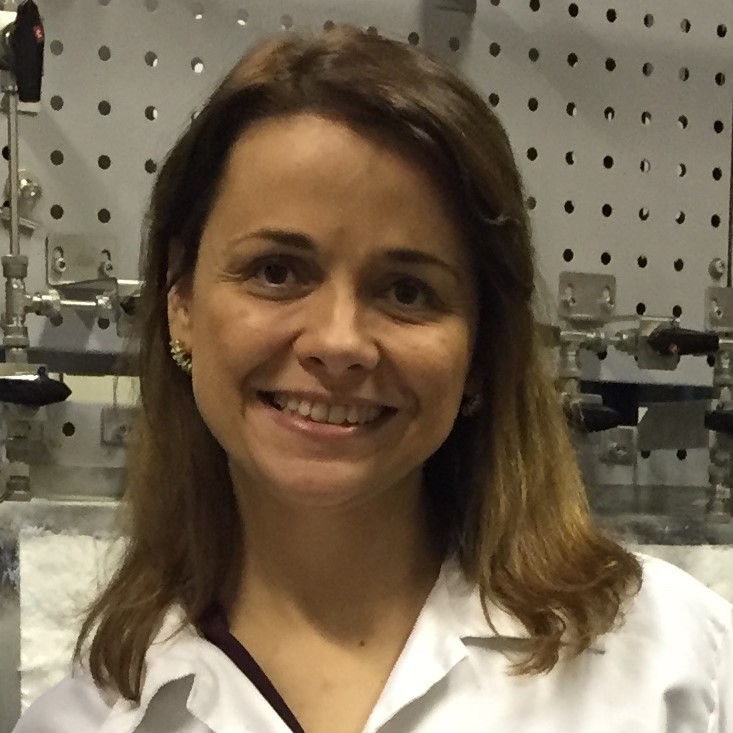
Kita Chaves Damasio Macario
Professor in the Department of Physics and vice-director of the Universidade Federal Fluminense’s Physics Institute. She has experience in the areas of Applied Nuclear Physics, Geochronology, Zooarchaeology, focused on carbon-14 dating by mass spectrometry with accelerators, tracers, and geochemical indicators. Among the research carried out recently are the study of Brazilian archaeological sites, studies aimed at reconstructing the paleoenvironment, including relative sea level curves, past vegetation and climate, coastal ocean dynamics, and fires in the Amazon, as well as estimates of the renewable fraction of biofuels and bioplastics. Its work is multidisciplinary, seeking to bring together the most diverse areas of research on issues that permeate the conservation of our planet’s cultural and natural heritage.
Activities in Foreign Languages
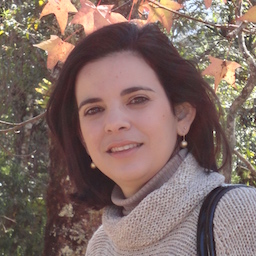
Cíntia Regina Lacerda Rabello

Telma Cristina de Almeida Silva Pereira
